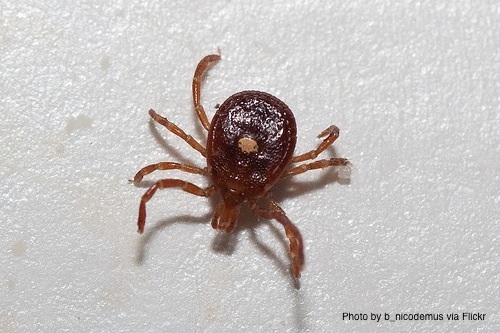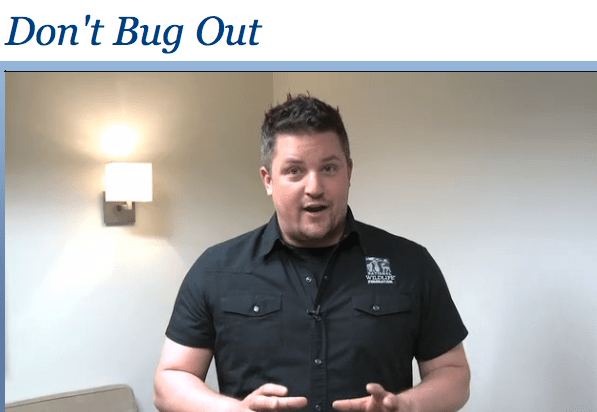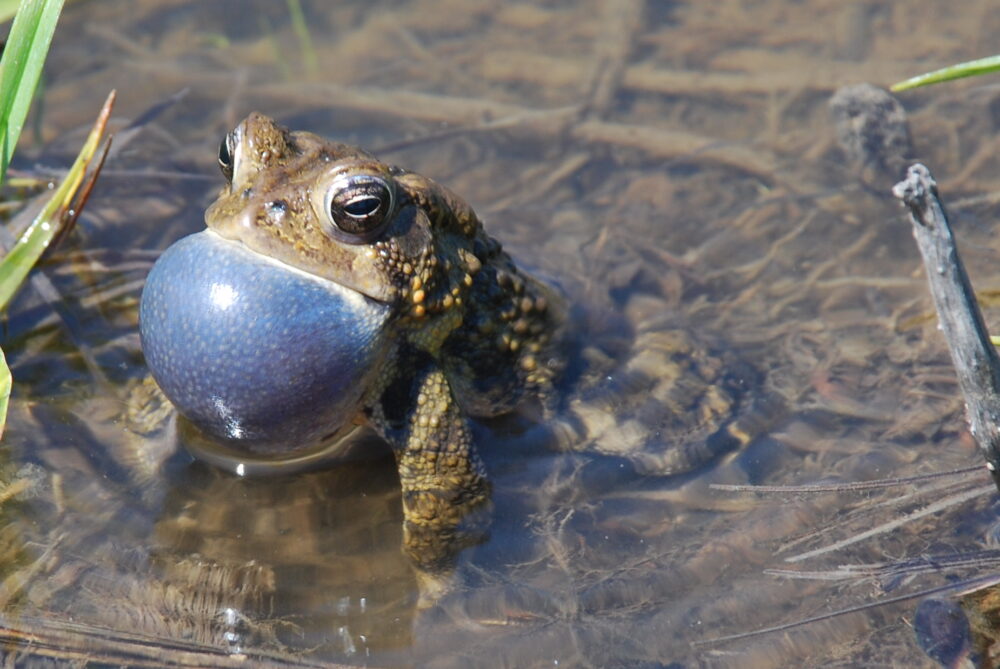We have much more to do and your continued support is needed now more than ever.
NWF on Dr. Oz Show’s “Dream Team”
Today National Wildlife Federation had our first appearance on the Dr. Oz Show.
The show theme was “surviving summer” and as NWF Naturalist I joined Dr. Oz’s “Dream Team” to give viewers some tips on enjoying the great outdoors this summer while avoiding getting bitten or stung by some of the insects and other critters that sometimes “bug” us.
Specifically, we talked about bees, wasps, mosquitoes and ticks. If you missed it, here’s a run-down of what I talked about in the segment.
Keep Perspective
The first thing is to put things in perspective. You have far more to worry about healthwise from constantly cooping your family up indoors and being sedentary, or from spraying toxic chemicals everywhere, than you ever would from the potential of being stung or bitten by insects or ticks.
Remember, these are important animals. Bees, some wasps and to a degree mosquitoes are important pollinators–two thirds of all the food we eat is the result of animal pollinators (mostly bees); so no insects means no food.
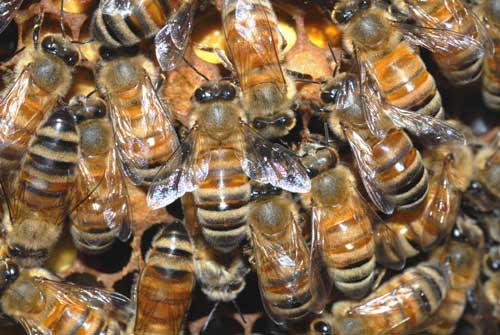
One more bit of perspective: there are over 4,000 bee species in North America (the honey bee is an import from Europe), the majority of which are solitary and don’t sting, and all of which pollinate wild plants that other wildlife rely on for food.
Remember this next time you are tempted to squash or spray a bee when you’re outside.
Avoiding Stings
Now, for the tips on avoiding getting stung by bees and wasps. It’s literally about just staying out of their way. The best way to ensure getting stung by a bee or wasp is to swat at it. These animals don’t want to sting you. Bees die when they sting. If you threaten them, however, they are sure to sting you. If you leave them along, they won’t. It’s pretty simple.
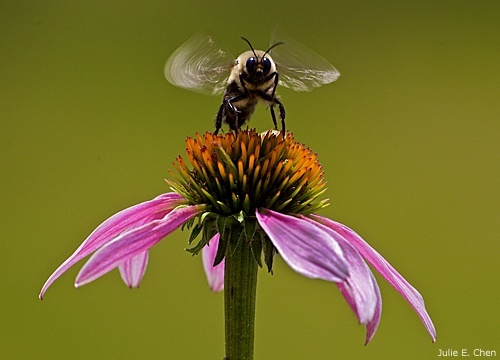
Many wasp species are omnivorous and will try to snatch a bite of your food if you’re eating outside, so simply cover your food until it’s time to eat to minimize this.
Avoiding Mosquito Bites
In terms of avoiding mosquito bites, first and foremost you want to eliminate standing stagnant water, where the insects lay their eggs and which they use as a nursery for their aquatic larvae. Some mosquito species can breed in as little as an inch of water, so check your yard thoroughly. Drainage dishes under flower pots, toys and play equipment, debris piles, and the biggie, clogged gutters that hold standing water, should all be thoroughly drained.
Mosquito larvae take five to seven days to complete metamorphosis into winged adults, so empty birdbaths every few days and fill with fresh water (something you should do anyway so the birds have clean water) and if you have a water garden, use a pump to keep the water surface moving and it will minimize any mosquito breeding.
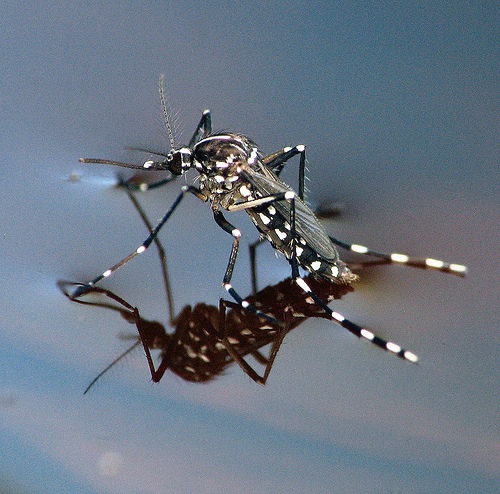
If you choose to use repellants, formulas with up to 30% DEET have been shown to be effective, just don’t get it in your eyes or mouth and wash it off when you go indoors. If you don’t like the idea of chemicals, go for a natural repellant with lemon eucalyptus, which is also effective if you apply it frequently.
Mosquitoes are weak flyers, so use fans if you’re eating outdoors and blow the buggers away. And never use a bug zapper. Traditional zappers use light to attract insects, and mosquitoes are attracted primarily by the chemical and moisture trails exuded by their victims–not light. Bug zappers typically kill non-target insects.
Avoiding Ticks
Of all the animals featured on the Dr. Oz Show segment, ticks are probably the one you need to worry most about, simply because they can and do transmit diseases such as Lyme and Rocky Mountain Spotted Fever to people.
The first thing is to avoid these tiny arachnids (ticks aren’t insects but are related to spiders). If you live a tick-heavy area, avoid walking through tall, grassy vegetation. Ticks wait at the tops of plant stems and latch on to hosts as they walk by (they don’t drop out of trees). Wear long sleeves and tuck your pants into your shoes. Again, DEET-based sprays can be effective repellents.
Most importantly, make it a habit to regular check for ticks after you or your kids have been outside. Teach your kids to check themselves. Some species are very tiny so be thorough.
If you find a tick, remove it immediately. NEVER douse it with vaseline or alcohol and don’t try to burn it off. These methods will kill the tick but also cause it to regurgitate into the open wound, making it more likely to spread disease.
Instead, simply pluck the tick out with tweezers or just your fingers, and then burn it. Don’t worry if the head breaks off, it won’t burrow further into your flesh or grow a new tick, contrary to urban legend. Just disinfect the bite and monitor it. If the bite gets irritated, and especially if a red bulls-eye rash appears, go immediately to a doctor.
Most tick born illnesses are easily treated if they are caught early.
Watch Exclusive Video
Make sure to check out this web-exclusive video called “Don’t Bug Out” that I did for the Dr. Oz Show website to learn about a few other insects and spiders we didn’t have time to talk about on the show.

